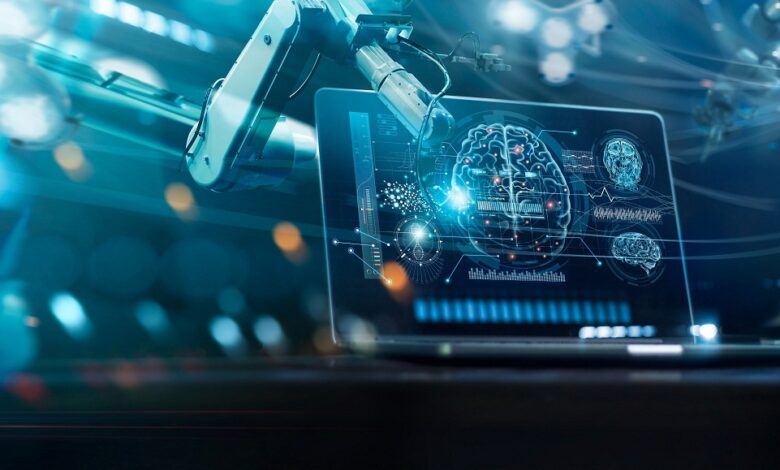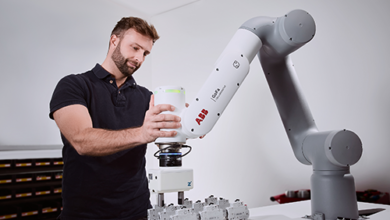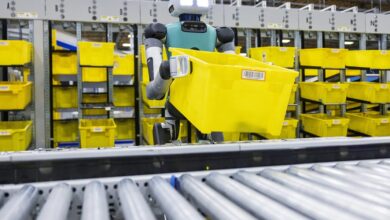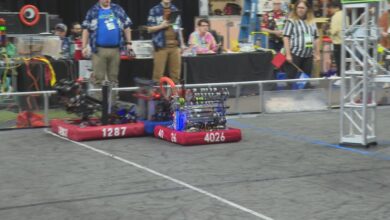Robotics factory in NW Greece

An investment proposal submitted by Atlas Robotics to Enterprise Greece foresees the creation of a manufacturing factory for robotic technology in northwestern Greece, with a budget of 91 million euros.
The ambitious project, which claims to be included in the regime of strategic investments, if implemented, will provide for the implementation of a factory manufacturing robotic systems and a research and development unit at Karteri in the municipality of Igoumenitsa.
The selection of the area was based on its good connectivity and its proximity to the port of Igoumenitsa, Egnatia Odos, Ionia Odos, the airports of Ioannina and Aktio, and the University of Ioannina.
Atlas Robotics, whose CEO and co-founder is entrepreneur Gregg Nourjian, was founded in 2021 and is reportedly financed by US funds. It chose to set up its facilities in Greece because of the qualified personnel available in the country, but also because of the investment-friendly environment, according to sources who did not go into details about the projections of Atlas Robotics’ business plan.
Its board members include, among others, Dr Mark Schweitzer, a physician-radiologist and chief of health affairs at Michigan’s third largest hospital, and Wayne State as scientific officer. Also Dr Giorgos Zarkadakis, who specializes in the field of artificial intelligence and is in charge of the Willis Towers Watson’s consulting office in the United Kingdom.
Sources say Atlas Robotics will initially focus on the field of robotic diagnostic imaging, while there seems to be an increased interest in the adoption of this technology by large medical groups. The robotic systems that the company seeks to develop have a diversified field, which includes testing, inspection and certification (TIC) of industrial products, ensuring that they meet the appropriate specifications.
The company will produce robots, software and inspection systems that it will place in customer facilities for testing, inspections and certifications and will be paid based on the scans the robots will make for inspections and tests. Some of the systems that will be produced will remain in the factory.



